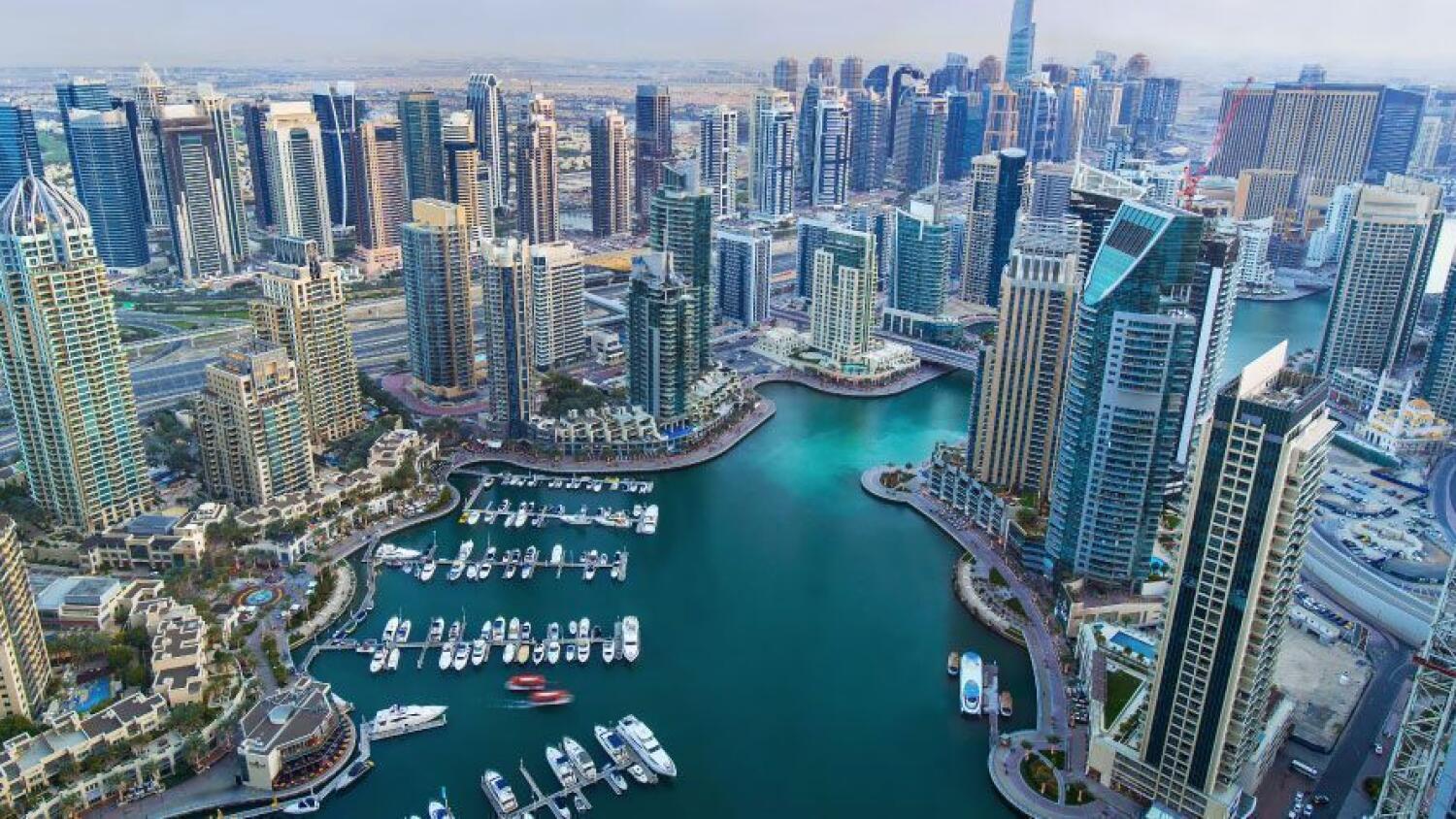Reduced supply of units ensure that rates will be high, expert says
As Dubai’s real estate sector continues its surge, a number of homeowners who were renting out in the short-term rental space are now moving towards long-term contracts. But that is not necessarily a bad thing, says an expert.
“At this moment there is this transition happening — migration of short-term homeowners going to the long-term market. So there’s a reduced supply of short-term rentals available. As a result, rates are bound to go up and the short-term model will become more attractive again,” Gregory Lewis, founder of AirDXB, a premier short-term rentals company in the UAE, told Khaleej Times in an interview.
Occupancy levels on AirDXB properties saw an aggressive increase compared to the previous year. Noticeably, March saw a 99 per cent occupancy rate. Due to Ramadan, April saw a decline to 87 per cent and this rate was maintained on average throughout summer, beating 2021 for the same period, data showed.
September saw a rise past 90 per cent, and Q4 then sat at an average of 93 per cent. As seen in the previous year, December saw a dip, which can be attributed to many guests holding their travel plans until the New Year celebrations. Over the year, 2022 saw a drop of 0.7 per cent compared to 2021.
In terms of length of stay, 2021 saw almost double the length of average stays compared to 2022 from January to April. “This would suggest more tourists travelled to Dubai for short holidays in 2022 given the easement of Covid-19 restrictions,” an AirDXB report said.
From May onwards, 2022 saw lengthier bookings made in comparison averaging around 33 per cent higher than 2021. “This could be attributed to two main reasons; in 2021 with the uncertainty of Covid-19 and the relentless access changes countries made, guests were more active in cancelling bookings. The second reason, with the changing global landscape in 2022, Dubai saw a surge of people wishing to relocate to the city be it for employment, lifestyle or leaving countries of unrest. The average length of stay was up 0.4 days compared to 2021,” the report said.
With confidence for travel growing in 2022, the average booking lead time increased approximately 300 per cent compared to 2021 as guests planned their trips well in advance. In September, guests made more ‘last minute bookings’ than expected with an average booking lead time of 10 days approx. compared to an average of around 20 days seen earlier in the year. This trend continued until the end of November, AirDXB data showed.
The most popular areas for short-term rentals in Dubai continue to be the Dubai Marina, Jumeirah Beach Residence and Downtown Dubai areas, along with the Bluewaters zone. “While there is a higher supply in these areas the demand has always matched it,” Lewis said. The Palm Jumeirah remains a major hotspot, with new clusters coming onstream. “The value-added proposition at the Palm is stupendous,” Lewis said.
Among the upcoming areas, Lewis pointed out to the Business Bay, Jumeirah Village Circle (JVC), Jumeirah Lakes Towers (JLT) and Meydan areas. “Business Bay is attractive due to its proximity to Downtown. Travellers can stay just a few blocks away for much less. JVC has great architecture. It’s not quite there yet, but is very close. JLT is quite close to the Marina but rates are lower. Meydan is also very close to the Downtown area, and thus is getting quite popular,” Lewis said.
The future looks bright for the short-term rental space, Lewis said. “The beauty of Dubai is that it attracts people of all types in terms of spend, so there are a lot of categories,” he added. The global financial uncertainties are also attracting attracting a lot of investors to Dubai as well as tourists. “This would all suggest that the future would be good,” Lewis said.
